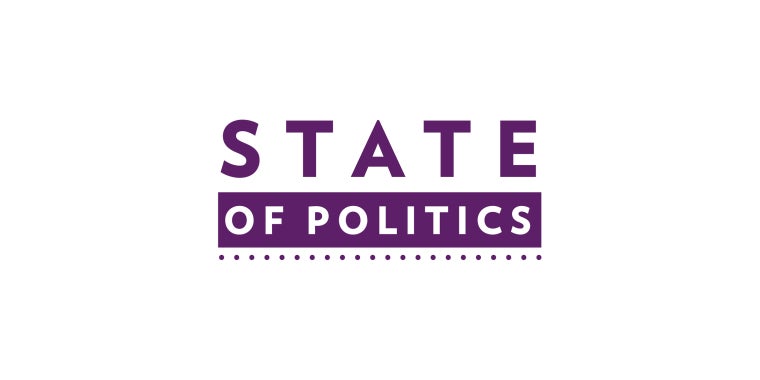
Study finds mental health challenges in higher education

The pandemic has made worse a mental health crisis on college campuses across the country, and expanded education programs, as well as new considerations for mental health needs, are required to combat the problem, a study released Thursday morning found.
The study from the Mental Health Association in New York State comes nearly two years after the COVID-19 pandemic has upended the college experience for millions of students across the country and found a growing demand for mental health services on campuses.
“The mental health crisis on college campuses has long been a pervasive issue, and it has been exacerbated by the COVID-19 pandemic,” said Glenn Liebman, the group's CEO. “Our study makes clear that more needs to be done at the state level to address this mounting problem affecting both public and private colleges and universities. We’re urging New York State to take action and begin to develop a public policy response to provide the support and resources our college students need. We’re grateful to the state lawmakers who have already expressed an eagerness to address this issue and collaborate with us.”
Even prior to the pandemic mental health was considered a challenge for college campuses and higher education. Rates of depression increased from 24.8% to 29.9% between 2009 and 2017. During that same period, the proportion of students with a diagnosed mental health condition increased from 21.9% to 35.5%, the study found.
And the rate of suicidal ideation increased from 5.8% to 10.8% over that time period.
College campuses closed down during the initial outbreak of COVID-19, with some colleges attempting a return to in-person instruction, only to send students and faculty back into remote settings when infection rates would climb.
The paper released by the group calls for a range of public policy measures, some of which would need state-backed support. One bill, backed by Sen. Anna Kaplan, is meant to strengthen mental health programs at public colleges and universities in the state.
Mental health literacy programs should be expanded for college students, faculty and staff as well as leave-of-absence protocols to ensure mental health needs are addressed, the paper found.
“The college experience should be one of opportunity, academic pursuit and personal growth, not an overwhelming strain on the mental wellness of young people,” said John Richter, the group's director of public policy and the lead author of the white paper. “We have worked hard at the elementary and secondary level to ensure resources are available and whole health parity is being considered, and we hope to continue our efforts as young people enter the next phase of their life. We look forward to working with lawmakers, students and other higher education stakeholders to determine the right path for New York to address this very real crisis.”



